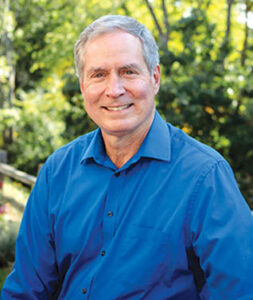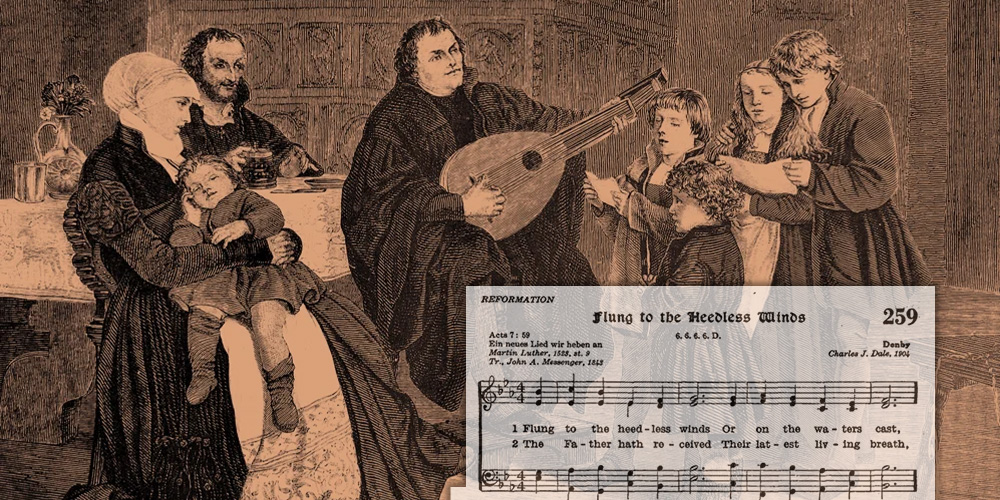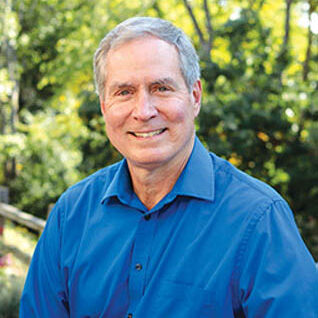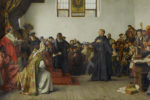 |

Can you imagine a pastor not being able to recite the words of the Lord’s Prayer or the Apostles’ Creed? What would you think of people who identified themselves as Christians, but their lives were more immoral than unbelievers? You would have reasons to be shocked. So was Martin Luther after visitations of parishes in Saxony, Germany, revealed deficiencies like these.
What would the reformer do to address these problems? Part of the solution was the publication of the Small and Large Catechisms in 1529. Luther developed the Small Catechism for instruction in homes and schools. He prepared the Large Catechism as a resource for pastors.
This month, James Borgwardt is starting a six-month series on catechetical content based on Matthew’s gospel. This will be a helpful review for all. To build on that review, Forward in Christ will provide excerpts on its website from the Small Catechism that Northwestern Publishing House published in 2017. Those excerpts will ask and answer questions about our Christian faith.
One thing to keep in mind is that the catechisms are not another source of our faith. Scripture alone is. The value of the catechisms is that they explain biblical content in ways that are easy to understand and remember.
For young Christians, instruction with the Small Catechism leads to confirmation, and the rite of confirmation includes vows and promises. One of the vows in my confirmation decades ago was, with God’s help and strength, to “continue steadfast in the confession of this Church, and suffer all, even death, rather than fall away from it.”
Nathaniel Biebert’s article informs and inspires us about two individuals who exemplify keeping a vow like that. The story of the 500th anniversary of the first Lutheran martyrs is a compelling one. When Martin Luther heard of their deaths, he was distraught. Within a few weeks, though, he composed his first song—a 12-stanza ballad that commemorated those deaths. The Lutheran Hymnal (1941) contained a hymn that paraphrased parts of the ballad. That hymn is “Flung to the Heedless Winds” (259).
Flung to the heedless winds
Or on the waters cast,
The martyrs’ ashes, watched,
Shall gathered be at last.
And from that scattered dust,
Around us and abroad,
Shall spring a plenteous seed
Of witnesses for God.
The Father hath received
Their latest living breath,
And vain is Satan’s boast
Of vict’ry in their death.
Still, still, tho’ dead, they speak,
And, trumpet-tongued, proclaim
To many a wak’ning land
The one availing Name.
That was the first but by no means the last hymn from Luther’s pen. Next month, Aaron Christie will explore the significance of Luther’s first hymn intended for congregational usage: “Dear Christians, One and All, Rejoice.”
Catechisms and hymns. Those are some of Luther’s legacies to the church. They are part of the Lutheran heritage we cherish.
Author: James Pope
Volume 110, Number 07
Issue: July 2023







